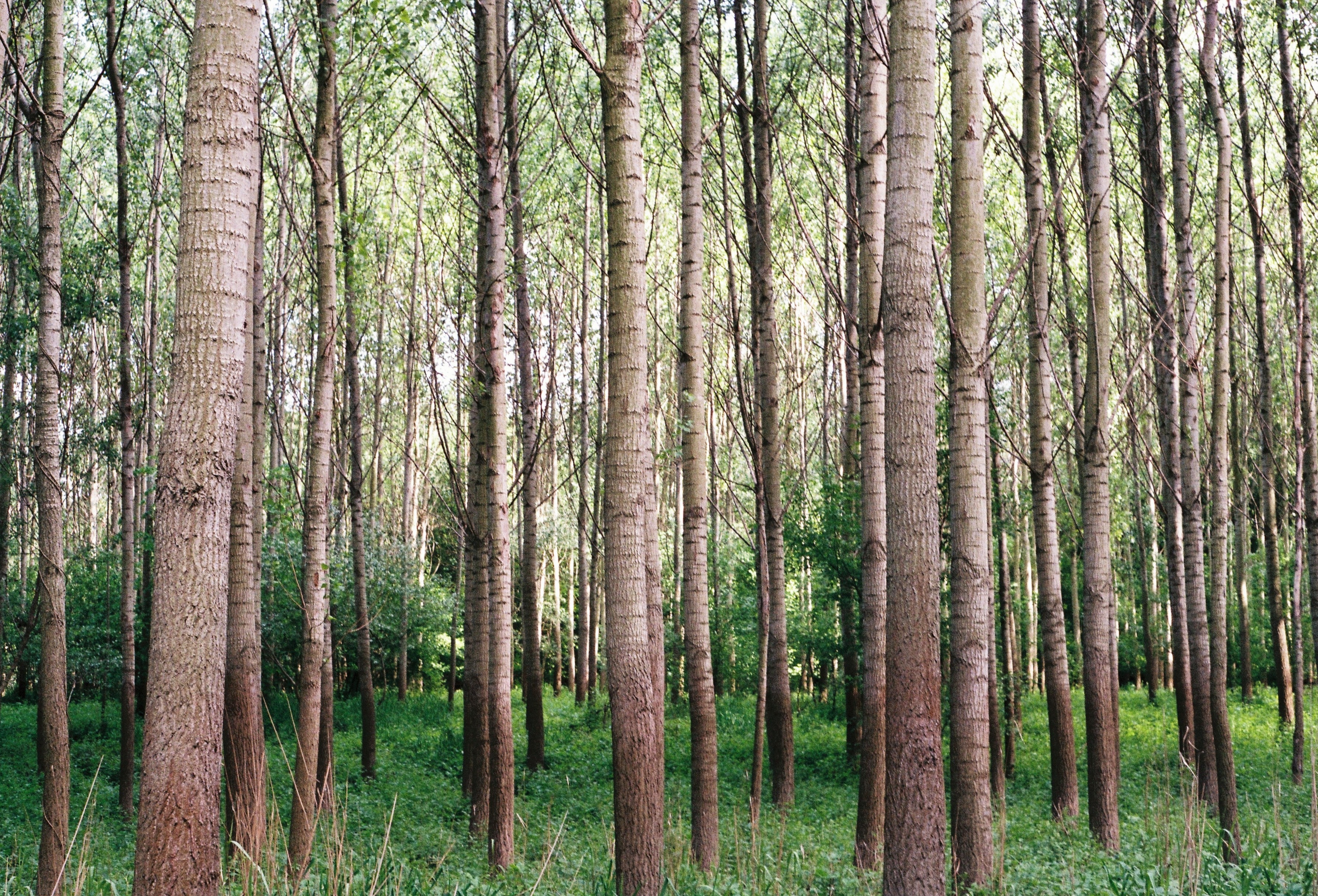We wake up in this amazing world as infants and then slowly grow to maturity. Eventually, we start asking questions- fundamental questions, existential questions, like- what am I doing here? What is my purpose? What is humanity’s purpose? That often then brings us to consider religion and it’s claims. The revelations of humankind- including that of Baha’u’llah- have answered these questions by pointing to humanity’s transcendent nature- that we have an aspect of us that is not the same as the rest of the world that we see and experience. We are different from nature. We have been brought into being for a different purpose. And that is the starting point for educating us about our abstract “spiritual” reality and how to develop and nurture it. The revelations of God have been sent down to humanity for the purpose of educating that “‘abstract” aspect of our humanity, and making it our primary reality, the reality we rely on. The opposite of that is to rely on our “natural” feelings, those that we share with animals.
When ‘Abdu’l-Baha’ taught his Father’s Faith in the early 20th century, he was frequently faced with people who were questioning the idea that human beings were truly distinctive. Darwinism was in full bloom as an intellectual movement and humanity was questioning it’s long held assumption that we were somehow different than the natural world. Though ‘Abdu’l-Baha did not deny that humans were certainly composed of material elements and evolved over thousands if not millions of years to take on the physical form we had, he rejected the idea that human beings in their essence were only a material reality- the same as nature. He discussed reasons for this in several places. In the passage below, taken from a “table” discussion and compiled in the work “Some Answered Questions”, ‘Abdu’l-Baha’ helps us see the forest through the trees on some of these issues.
Before presenting the full passage, let’s first review some introductory points. In multiple places throughout his talk and writings, ‘Abdu’l-Baha’ makes the point that is evident that the world, “nature” as we know it, is an extraordinarily rich, complex, astonishingly organized place. If you look at it from any perspective, the natural system revealed to us through science is an absolute marvel. Whether it be on the macro level of planets and stars or the most minute micro level within the cell- the natural world is an almost incomprehensively integrated and organized place. But it is also true that we don’t see natural laws or matter as having any free action. It follows its own laws to the letter- and doesn’t have any “free will”. ‘Abdu’l-Baha’ then asks us to consider a simple question- does it make any real sense that such a marvelous complexity and organization arose by itself? Does nature itself possess, within itself, any of the characteristics that would be required to cause this organization to exist? The most obvious answer is “no”. It simply does not make any sense that the amazing world we inhabit could have arisen by itself, and nature of itself seems to lack the characteristics to cause itself to be what it is. He then reasons that there must be an Intelligence at the root of nature, even if we can’t define or describe that Intelligence in a specific way.
Though he alludes to it in this passage, in other passages ‘Abdu’l-Baha’ turns more specifically to humans as part of nature. Humans obviously do stuff that the rest of “nature” cannot. We use our powers of abstract reasoning and induction to generalize from the particular to the universal, create abstract mathematical laws and principles from our observations of the world and every day experience. In other words, we do science. But at its root, “science” is an activity that requires an aspect of us that does not exist in “nature” as we see it. It requires rationality, and free “will”- none of which exist in nature in the way they exist in us. ‘Abdu’l-Baha’ then reasons that we too have a quality that is not part of nature as we know and see it.
As should be clear, ‘Abdu’l-Baha’ is laying the basis for how we can convince ourselves that “God” exists, and then also that humans possess an abstract “soul”- as nature itself does not seem to possess the ability to make it what it is, nor on its own could it produce “mind” in the manner we express it.
Though some might argue for materialistic explanations, one always comes away from those discussions thinking that people are trying to get something for nothing- that somehow, someway- matter and natural laws- which are deterministic- can somehow create “minds” that can do abstract thought and act with free will. It just doesn’t to add up. Seems like magical thinking.
These simple arguments are really quite strong and have not been overcome by those wishing to instill in the rest of us a purely materialistic view of the world. In addition to the passage below, ‘Abdu’l-Baha’ makes similar points in his address at Columbia University, found in the publication “The Promulgation of Universal Peace”, as well as the “Tablet to Dr Forel“- a letter to a swiss botanist who was exploring Baha’u’llah’s Faith. Enjoy!
NATURE IS THAT condition or reality which outwardly is the source of the life and death, or, in other words, of the composition and decomposition, of all things.
This nature is subject to a sound organization, to inviolable laws, to a perfect order, and to a consummate design, from which it never departs. To such an extent is this true that were you to gaze with the eye of insight and discernment, you would observe that all things—from the smallest invisible atom to the largest globes in the world of existence, such as the sun or the other great stars and luminous bodies—are most perfectly organized, be it with regard to their order, their composition, their outward form, or their motion, and that all are subject to one universal law from which they never depart.
When you consider nature itself, however, you see that it has neither awareness nor will. For instance, the nature of fire is to burn; it burns without consciousness or will. The nature of water is to flow; it flows without consciousness or will. The nature of the sun is to shed light; it shines without consciousness or will. The nature of vapour is to rise; it rises without consciousness or will. It is therefore evident that the natural movements of all created things are compelled, and that nothing moves of its own will save animals and, in particular, man.
Man is able to resist and oppose nature inasmuch as he discovers the natures of things and, by virtue of this discovery, has mastery over nature itself. Indeed, all the crafts that man has devised proceed from this discovery. For example, he has invented the telegraph, which connects the East and the West. It is therefore evident that man rules over nature.
Now, can such organization, order, and laws as you observe in existence be attributed merely to the effect of nature, notwithstanding that nature itself has neither consciousness nor understanding? It is therefore evident that this nature, which has neither consciousness nor understanding, is in the grasp of the omnipotent Lord, Who is the Ruler of the world of nature and Who causes it to manifest whatsoever He desires.
Some say that human existence is among those things that have appeared in the world of being and that are due to the exigencies of nature. Were this true, man would be the branch and nature the root. But is it possible that there could exist a will, a consciousness, and certain perfections in the branch which are absent in the root?
Hence it is clear that nature, in its very essence, is in the grasp of God’s might, and that it is that Eternal and Almighty One Who subjects nature to ideal laws and organizing principles, and Who rules over it.







